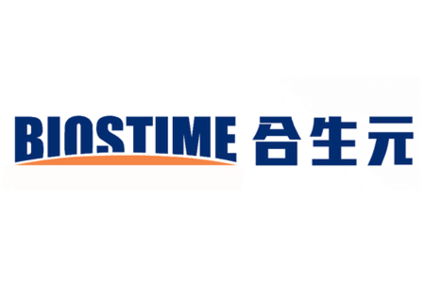
Hong Kong-listed infant formula group Biostime International Holdings has posted an increase in its first-half net profit but competition pushed up costs, hitting pre-tax earnings.
Biostime last week reported a 4.9% rise in net profit to CNY312.2m (US$50.8m), helped by a lower tax bill.

Discover B2B Marketing That Performs
Combine business intelligence and editorial excellence to reach engaged professionals across 36 leading media platforms.
However, Biostime’s shares fell on 20 August, the day the results were announced, exacerbating a slide seen since the start of the year.
The company’s pre-tax profits were down 12.3% at CNY433.3m. Biostime saw its selling and distribution costs increase, amid investment in new infant formula brand Adimil and higher spending on training, it said. Gross profit fell 1.8% to CNY1.35bn.
Revenue increased 6.2% to CNY2.19bn. Infant formula sales were up 10.5% and accounted for 84.9% of Biostime’s revenue. Increased distribution, improved sales of “high-tier” and “supreme-tier” formulas and the growth of Biostime’s Mama100 membership scheme helped turnover.
However, sales of Biostime-branded formula failed to meet management targets due to “intensified market competition”. Revenue from probiotic supplements, dried baby food and nutrition supplements also fell.

US Tariffs are shifting - will you react or anticipate?
Don’t let policy changes catch you off guard. Stay proactive with real-time data and expert analysis.
By GlobalDataLooking ahead, Biostime said it expected competition to remain “intense” as new players are attracted to China’s growing infant formula sector.
It said would launch another Adimil-branded formula range in the second half of the year and look to invest more into China’s growing online channel.
Shares in Biostime closed down 10.8% on 20 August. So far this year, Biostime’s stock is down 55.6%. Industry watchers told Bloomberg they believe shares in Biostime have suffered as a baby boom after last year’s relaxation of China’s one-child policy has failed to materialise.



